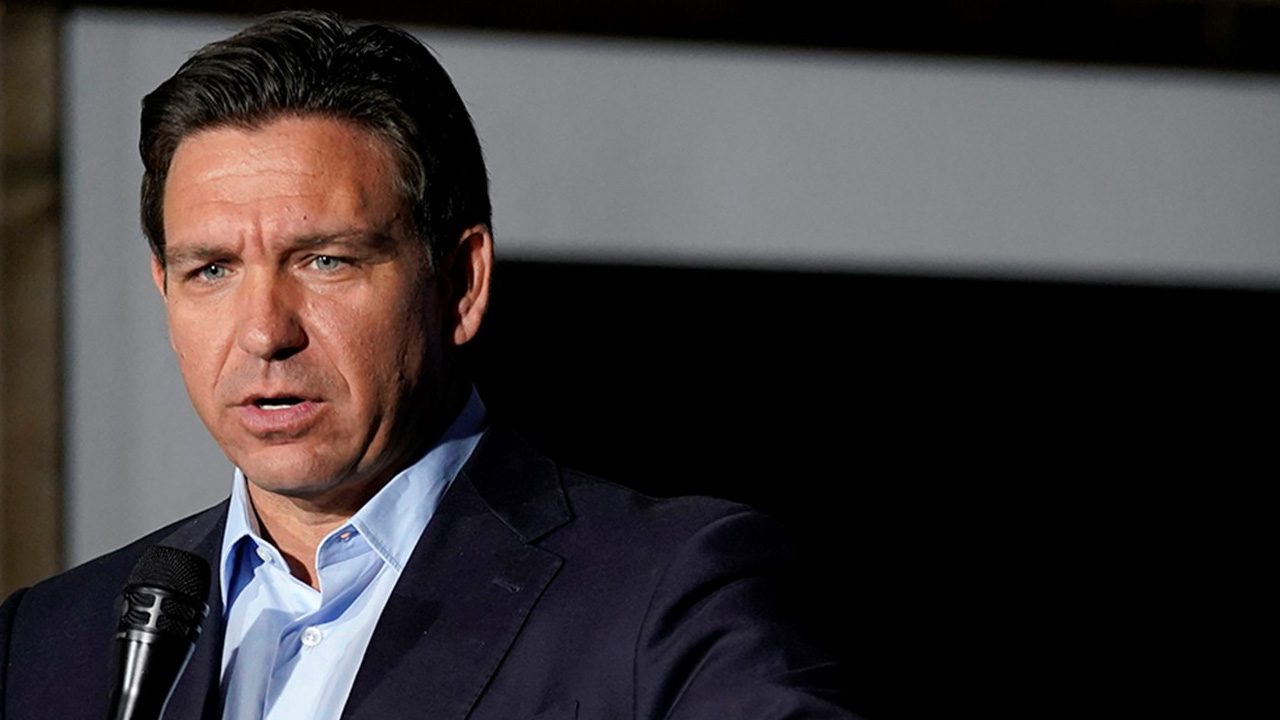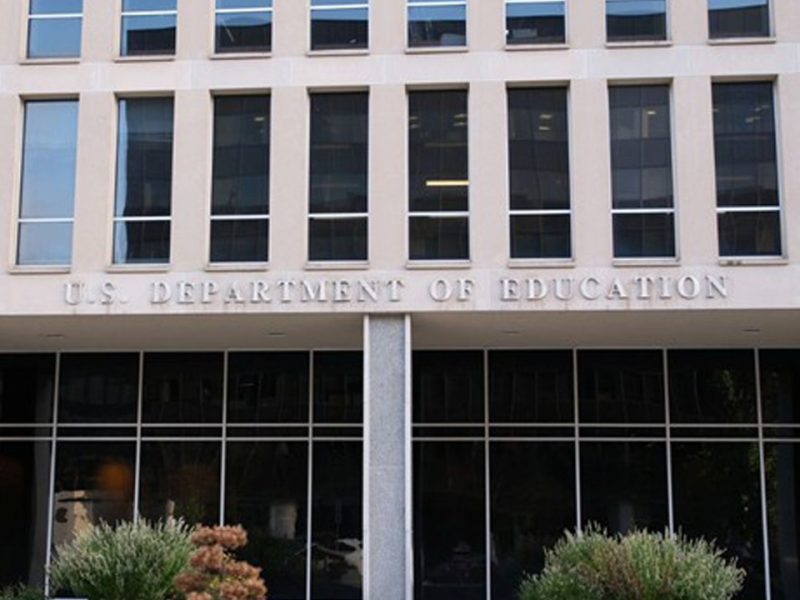The races this week serve as the opening salvo for the larger fight to come in November over the state’s educational future. Floridians will vote on a constitutional amendment proposed by legislative Republicans that would add party labels to school board races, stripping off the apolitical veneer and cementing future fights over education as another hotly contested partisan battleground.
In 2022, DeSantis waded into school board races for the first time, and it was a resounding success: 25 out of 30 endorsed candidates won their races, giving him and the GOP key local allies on the heels of the Covid-19 pandemic that upended education and frustrated many parents. Conservative parental rights group Moms for Liberty, which aligned with DeSantis, also donated to 51 school board candidates in Florida that campaign season, posting 28 wins and 23 losses according to NBC News.
Florida Democrats’ record was far worse: They backed 39 candidates that year, only 15 of which ended up winning.
But now, DeSantis’ foes are mounting another challenge after getting drubbed two years ago — and after the governor’s own political fortunes took a hit following his failed presidential bid. The state Democratic Party endorsed 11 school board candidates this year, setting up four races directly against someone with the support of DeSantis. And the Florida Education Association, the state’s largest teachers union and a frequent adversary of DeSantis and Florida Republicans, endorsed more than 40 candidates recently. Out of these endorsements spanning 19 counties, 13 of the union-backed candidates are running against DeSantis endorsees.
“We have been really leaning in, for the first time in a really long time, if potentially ever, into our down ballots, into our school boards,” Nikki Fried, Florida Democratic Party chair, told reporters Monday. “Because unfortunately, we have seen for the last six years the attacks on our school boards, the attacks on our public education system.”
Some of these school board races in the state’s biggest counties are being fought over now-familiar culture war lines. A recent attack ad put out by the local Democratic Party in Duval County slammed four candidates — including three endorsed by DeSantis — for their ties to Moms for Liberty. Democrats labeled the candidates as “dangerous” and claimed they “attack teachers” and “target books” in local schools.
But Duval Republicans have also been active, backing candidates through donations and scores of mailers. In one case, a mailer supporting a candidate endorsed by DeSantis, Rebecca Nathanson, attempted to grab the attention of GOP voters by rebuking Democrats for viewing her “as a threat to their woke education agenda.”
“I think it speaks volumes to people who appreciate and support the governor’s education agenda to know that he’s backing me,” said Nathanson, a member and former head of Duval’s Moms for Liberty chapter.
The race between Nathanson and incumbent Cindy Pearson is the most expensive school board contest in Duval, which is home to Jacksonville. The two candidates raised nearly $150,000 combined, according to campaign finance data. Pearson, a registered Republican who was not endorsed by Democrats, has raised nearly $68,000 — compared to $32,000 in her initial 2020 election — versus almost $80,000 for Nathanson.
Pearson said she counted at least 18 mailers that were sent out by political committees in her race, a notably high amount for a school board campaign. Many of them were aimed at her, leveling allegations that she “rubber stamped excessive spending,” among other claims she denies.
“This is a school board race. If anybody should be setting an example, it’s us,” Pearson, who is endorsed by the FEA, said. “I’m trying to keep it issues-focused and take the high road as much as possible.”
Another contentious race is in Hillsborough County, which is home to Tampa. That race pits Nadia Combs, an incumbent school board member supported by Democrats and the FEA, against Layla Collins, who is backed by DeSantis, Sen. Marco Rubio and other Republicans.
“The idea that they’re trying to take me down, it’s not going to happen,” Combs said. “I feel confident.”
Collins, the wife of GOP state Sen. Jay Collins, said that her campaign is more focused on canvassing and meeting voters than earning endorsements. Yet she also acknowledged that DeSantis throwing support behind candidates in 2022 — a major move for the Florida governor — helped even the playing field for conservatives in school board races where unions had been active in the past while Republicans largely sat out.
“When the governor started endorsing candidates, it gave the same type of support the other side has received for decades,” Collins said.
This year’s school board races could prove to be the last officially nonpartisan campaigns in Florida depending on how voters decide on the proposed constitutional amendment in November. If the amendment passes, school board candidates starting in 2026 would be nominated in partisan primaries ahead of the general election.
GOP lawmakers — and some school board candidates — support the idea, believing it will give voters more transparency about who is running for office in their communities. Those who oppose partisan school board elections fear the labels will cut candidates off from voters in one party or the other even if they find common ground on education issues.
A July poll from the University of North Florida found that a significant number of voters have not made up their minds: 40 percent said they would vote no and 37 percent said they supported it, with the remainder undecided. Amendments need 60 percent to pass.
Max Tuchman, a candidate backed by Democrats and the FEA for a seat in Miami-Dade County, said it was “amazing” to be supported by the party — yet she wants to reach a larger base with her campaign against Mary Blanco, an incumbent appointed and endorsed by DeSantis. Tuchman touted that her signs are seen in the yards of Trump supporters that she has met while campaigning.
“I want people to come to my site and see that I’m purple, I’m non-partisan,” Tuchman said in an interview. “I don’t want people to think, ‘She’s a Democrat only voting in a Democratic way.’”






